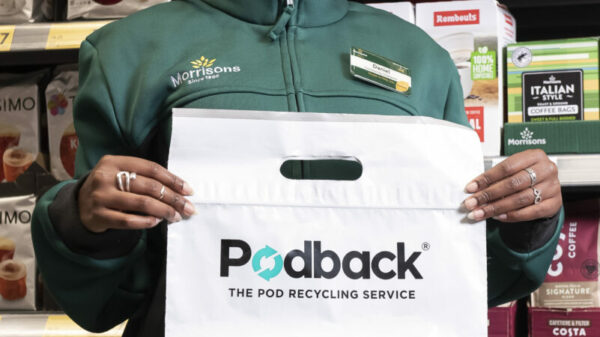Nissan has teamed up with the world’s largest battery recycler on an initiative to see how its used electric vehicle (EV) batteries can be given a second life.
The car giant is working with Ecobat to investigate how old EV batteries from Nissan’s electric Leaf range can be safely recovered, repaired, recycled or repurposed to create a sustainable circular energy economy.
Combining Nissan’s battery expertise and Ecobat’s recycling knowledge, the initiative will look at ways of commercialising the process of locating, safely transporting, dismantling, repairing and repurposing EV batteries for second life usage.
Nissan says it could also then offer those products to market with the added reassurance of an official manufacturer warranty.
The move comes as the automaker aims to achieve carbon neutrality by 2050 across its operations and the lifecycle of its products.
Subscribe to Sustainability Beat for free
Sign up here to get the latest sustainability news sent straight to your inbox everyday
Batteries will be assessed and recovered to Ecobat’s Darlaston base, using specialist vehicles. Further checks will then be carried out, based on Nissan expertise and processes to determine long-term safety and performance.
The companies will assess the battery energy storage systems, including the emergency power backup and power balancing, and mobile power charging systems. Batteries that don’t make the grade will be safely prepared for recycling.
Nissan Energy Services EV battery circular economy manager, Alan Low, said: “These are batteries from cars that have been dismantled due to old age or that have been written off by insurers, however the batteries themselves still have an opportunity to be reused. They still have a useful life ahead of them, so we need to create a sustainable way of recovering them.
“Nissan takes its obligations seriously and is keen to recover batteries in a good state of health from any LEAF batteries that are no longer required.”
Earlier this year, it was revealed Nissan was planning to cut the costs of manufacturing its electric vehicles (EVs) by 30% by 2030 as it looks to better compete against Chinese rivals.















